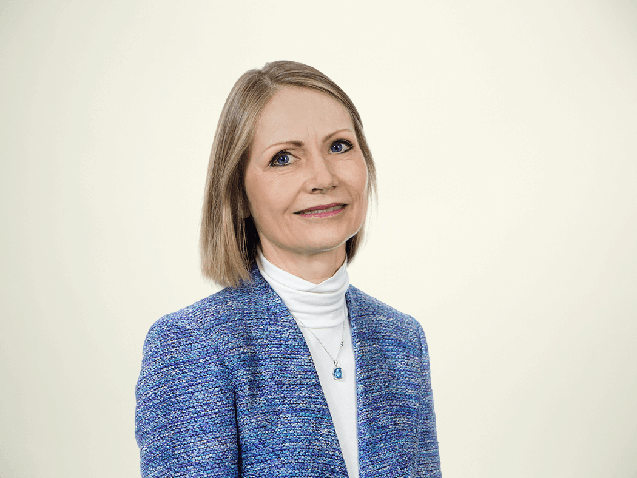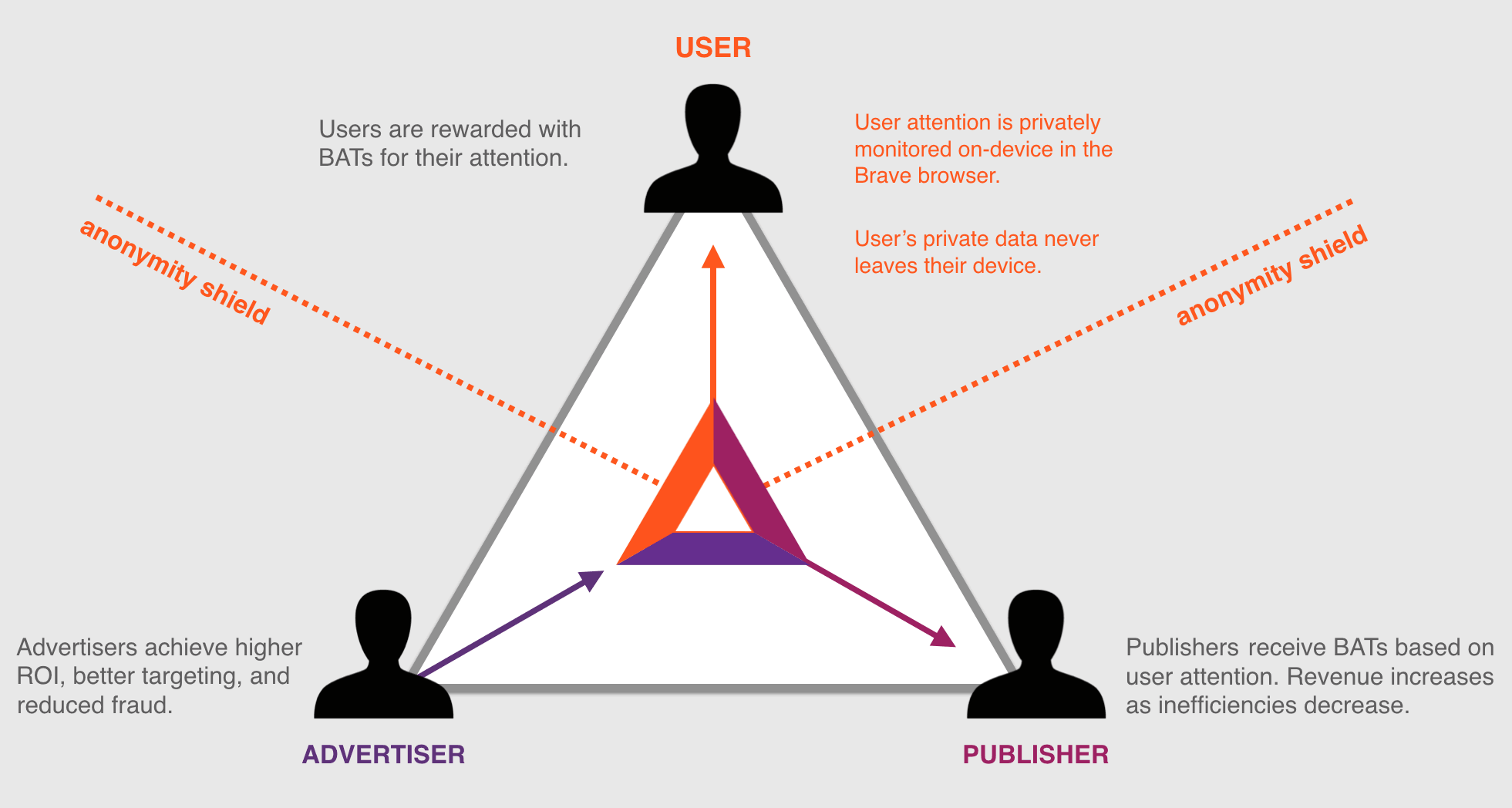Once again bitcoin and cryptocurrency markets in general have been rather quiet with no major movements in any direction. Overall bitcoin has performed almost as a real, boring fiat currency during the 2018, though many still believe that a greater shift in some direction is yet to be seen.
But if it doesn’t come, is it a bad thing? What if blockchain and cryptocurrency economies will develop slowly, carefully, without major hype and bubbling? It would sound almost healthy, and according to a new research this might very well be the case. We’ll take a look into this later in this news check.
And of course we have other interesting news as well. The recent elections in the United States went in a good way for Bitcoin and cryptocurrency users, as U.S. got, not one, but two Bitcoin friendly governors!
These aren’t the only positive news from the US. Someone is building an entire city founded on Bitcoin on a Nevadan desert. Who is this man and why has he put almost half-a-billion of his own money in the project? Find out!
 Even if it would take years, it seems that blockchain is growing to a global phenomena like Internet before it – but in a somewhat different way.
Even if it would take years, it seems that blockchain is growing to a global phenomena like Internet before it – but in a somewhat different way.
USA Gets Two Bitcoin-Friendly Governors
U.S. midterm elections provided some good news for Bitcoin enthusiasts, as both California and Colorado elected new, Bitcoin friendly governors. Both new governors, Jared Polis and Gavin Newsom, have been Bitcoin friendly for years and tried to promote Bitcoin through their politics.
“I should promote cryptocurrency technology ever so subtly by saying I’ll accept bitcoin in the campaign,” Newsom commented back in 2014, when first running for California’s Lieutenant Governor seat.
Both of the new governors are among the first politicians in United States to have accepted bitcoin and cryptocurrency donations. They have also stated that they will use their power to fight against attempts to enact policies that restrict the growth of Bitcoin.
“My goal is to establish Colorado as a national hub for blockchain innovation in business and government. I believe strong leadership will put Colorado at the forefront of innovation in this sector – encouraging companies to flock to the state and establishing government applications that save taxpayers money and create value for Colorado residents,” Polis writes about his blockchain policies.
 Both Polis (left) and Newsom are friends of blockchain and bitcoin.
Both Polis (left) and Newsom are friends of blockchain and bitcoin.
A Millionaire is Building a Blockchain City
Jeffrey Berns, a millionaire who has made his wealth with cryptocurrencies, is buying vast amounts of land from Nevada’s desert regions. Berns has an ambitious aim to build a new city, run entirely on blockchain. The idea of the new city is to act as a proof-of-concept that blockchain and new technologies could be used to create entirely new, better ways of living.
“The city aims to showcase how business development, residential living and commerce can flourish alongside world changing technologies. Multiple innovative technologies will change the way its residents interact on a daily basis and blockchain technology will be at the center of it all – keeping systems honest, fair and democratic,” architecture company Tom Wiscombe Architecture that works in the project comments.
 The future city as envisioned by the planners. (PICTURE: Tom Wiscombe Architecture)
The future city as envisioned by the planners. (PICTURE: Tom Wiscombe Architecture)
The city will offer all kinds of services, such as an university, schools, e-sports arena and housing. Future plans also include self-driving cars and a city wide delivery system with drones.
“Something inside me tells me this is the answer. That if we can get enough people to trust the blockchain, we can begin to change all the systems we operate by,” Berns told New York Times.
At least Berns seems to put his money where his mouth is. The property was reportedly sold for $170 million and Bern has already invested additional $300 million of his own money to the project.
 Though it is an utopia, for something to become reality, there has first be a dream. (PICTURE: Tom Wiscombe Architecture)
Though it is an utopia, for something to become reality, there has first be a dream. (PICTURE: Tom Wiscombe Architecture)
German Youth Most Willing to Buy Cryptos
A new poll conducted by the German Consumer Centers of Heses and Saxony shows that younger Germans are more willing to invest in cryptocurrencies than older generations. The survey polled 1 000 Germans between the ages of 18 and 39 and asked about their perspectives on cryptocurrencies.
55% of the polled said that they have heard of cryptocurrencies. Nonetheless most people are still wary of cryptocurrencies, as 77% of those who had heard of cryptocurrencies told that they were unlikely to invest in them.
Nonetheless it seems that younger people deem cryptocurrencies more promising than older people. 70% of all participants said that they think trading cryptocurrencies is either risky or very risky. The poll found out that there’s a strong correlation between the estimation of risk and the age of respondents.
54% of people aged 30 to 39 considered cryptos to be risky endeavors, but 28% of those aged 18 to 29 thought that it would be conceivable to purchase cryptocurrencies.
 The German poll shows that – as expected – younger people are more enthusiastic to adopt technological innovations such as cryptocurrencies.
The German poll shows that – as expected – younger people are more enthusiastic to adopt technological innovations such as cryptocurrencies.
Companies Favour DLT Instead of Blockchain
According to a new report by Forrester Research, many companies are seeing “blockchain” as overhyped and have since been ditching the use of the word. The companies are starting to prefer the term “distributed ledger technology”, or DLT, in favour of blockchain.
The report states that many companies believe blockchain to be overly hyped and it could carry negative connotation, such as its connection with cryptocurrencies. Also many of the today’s distributed ledger technologies aren’t even actual blockchains.
“The networks that are live or under development vary greatly and frequently lack key characteristics that many regard as essential components of a blockchain,” report writes.
This is a sharp contrast on the trend of previous years, when many technology companies that had nothing to do with fintech, cryptocurrencies or blockchain were rebranding themselves as blockchain companies or adopting blockchain for projects where it was little to no use.
According to the research a new “blockchain winter” could be coming. This would mean that though the technological development and adaptation of blockchain technologies would continue, the hype around the phenomena could calm down and lots of the development would take place silently.
“There are parallels with the Internet but what’s different is that, with the Internet, a single company like Amazon or eBay can aspire to do something and create a big change. Blockchain is different because if one company says ‘I’m going to do something’, it doesn’t matter. This is an eco-system play,” researcher Martha Bennett tells.

Researcher Martha Bennett believes that blockchain will grow more organically than Internet companies. (PICTURE: Forrester Research)
New High on Venezuelan BTC Trade
Venezuela has broken a new record in it’s bitcoin trade. During the last week 1085 bitcoins were traded in the country. In USD this would amount to about 6 million.
Though the number might sound small, it is huge when compared to the average wealth of Venezuelans. Since the economic destruction begun, poverty has been a constant issue in Venezuela. The minimun wage of Venezuela is $12 per month, and even highly paid executive’s can make as little as $50 in month.
Bitcoin adaptation has soared in Venezuela since government begun its massive economic overhauls, printing more money and plunging the country into hyperinflation, robbing Venezuelans of whatever the worth the previously had in fiat.
Bitcoin, though sometimes seen unstable, has been a blessing for Venezuelans and a true example how the currency can be used to avoid political and economic oppression.
 Bitcoin community has become active in Venezuela, providing help for both traditional infrastructure and crypto infra. (PICTURE: Bitcoin Venezuela)
Bitcoin community has become active in Venezuela, providing help for both traditional infrastructure and crypto infra. (PICTURE: Bitcoin Venezuela)
BAT Claims to Measure Attention
This week on our altcoin watch we are looking for BAT, the Basic Attention Token. BAT has performed well during the last week, rising about 50% in value.
Basic Attention Token is an advertising token which runs on the Ethereum blockchain. BAT uses blockchain-based trust to cut out middlemen from marketing systems and minimizing the ability of bots to commit types of marketing frauds where they make false clicks et cetera on a website.
BAT claims to be able to measure user attention and participation and act as an unit of accountment between marketing parties. But it seems uncertain if there is actually anything Bitcoin-based marketing systems, like the Brave browser, can’t do.
 BAT works in many ways as other envisioned systems of blockchain-powered marketing.
BAT works in many ways as other envisioned systems of blockchain-powered marketing.

